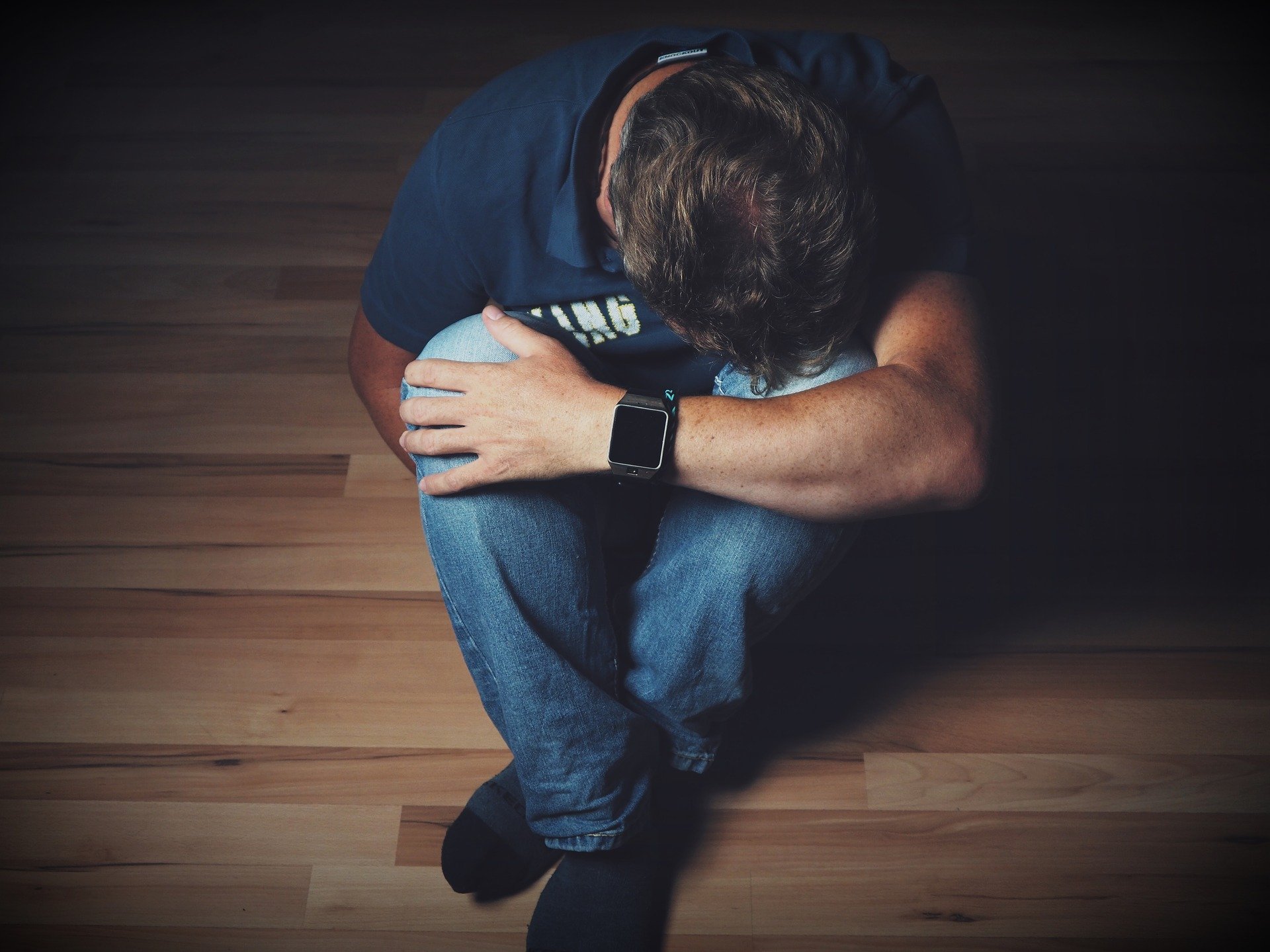Chronic pain refers to persistent physical pain that continues for more than 12 weeks despite medication or other forms of treatment. Clinical research suggests that 30-50% of people with chronic pain also experience associated mental health concerns such as anxiety or depression. These findings are not surprising as the the mind-body connection—the idea that a person’s biological functioning can impact his or her thoughts and emotions—has long been established in the medical and mental health communities. Chronic pain is also linked with increased stress, sleep problems, and feelings of worthlessness and hopelessness.
While chronic pain is a physical issue, depression is a mental health condition. Depression is characterized by a persistent feeling of melancholy that interferes with a person’s ability to function day to day. Depression has several symptoms that are similar to those associated with chronic pain. Common symptoms of depression include:
- Low interest in previously fun activities
- Irritability
- Prolonged and intense depressed mood
- Sleep pattern changes
- Appetite changes
- Feelings of despair or guilt
- Lack of energy
- Difficulty concentrating
- Chronic pain
- Suicidal mindset
As shown, above, the link between chronic pain and depression is clear. Depression may be a symptom of chronic pain, and chronic pain may be a symptom of depression.
Establishing a Treatment Team for Chronic Pain and Depression
A qualified team of medical and mental health experts can help people with comorbid depression and chronic pain:
- Physician – Carries out evaluations and examinations to arrive at an accurate diagnosis. He or she may prescribe medication as a part of treatment.
- Therapist – Weekly sessions with a therapist can help people with depression to challenge negative thought patterns.
- Physical Therapist – Helps people to reduce pain, improve mobility, and improve mood by using physical exercises, stretches, and other techniques.
Of course, there are other health professionals such as acupuncturists, massage therapists, occupational therapists and nutritionists who can provide professional advice on the best ways to manage chronic pain and depression.
Common Treatments for Chronic Pain and Depression
A plethora of treatment options are currently available for chronic pain and depression. A few of these treatment options include:
- Learn stress-decreasing skills – A therapist, physical therapist, or pain specialist is likely able to teach people healthy stress management techniques
- Talk Therapy – This treatment option is provided by a mental health professional such as a psychologist, counselor, or psychiatrist, Talk therapy can help people to change negative thought patterns and learn coping skills to manage the symptoms associated with chronic pain and depression.
- Medication – A physician may prescribe analgesic medications to help patients manage chronic pain and a psychiatrist may prescribe antidepressant medication to help people with depression. For best results, individuals should follow the dosage recommended by their doctors.
- Peer support – Peer groups can provide people with reliable emotional and psychological support. There are also online support groups for individuals who prefer to keep their health condition confidential.
- Massage therapy – Massage therapy seeks to reduce physical pain and stress by relaxing the muscles through the use of various massage technique. The reduction in physical pain and stress can also contribute to positive thinking and an elevated mood.
It is also important to remember that diet and nutrition are key to long term physical and mental health. Consequently, a qualified nutritionist or a specialist in alternative medicine may recommend eating certain foods or taking all natural health products such as CBD oil for pain and depression relief.
Home Remedies for Chronic Pain and Depression
Self management is often the first and most affordable step to addressing chronic pain and depression. Here are some extra strategies you can try at home:
Exercise
Just 10 minutes of physical exercise per day can do much to relieve depression and chronic pain. Take the time to find an appropriate form of exercise that is suitable for the kind of pain you are experiencing. Types of exercise such as yoga, pilates, water aerobics, and tai chi are very gentle on the body’s joints and bones. You may also increase your exercise time by 10% each week to maintain your progress and minimize the risk of injury.
Get A Better Sleep Routine
A good night’s rest is crucial for long-term physical and mental health. However, a bad sleep routine may actually increase the intensity of a person’s chronic pain and depression. Some doctors may prescribe a medication to help their patients stay asleep for a longer period of time so they can get more rest and feel more energized when they wake up. Going to bed at a set time each night can also help your body to get ready for sleep when that the appointed time arrives.
Stay Occupied
Keeping yourself busy with other things can help you to ignore chronic pain and depression. Building crafts, creating works of art, or even doing repairs can remind you of your value to society and keep your thinking pattern positive. If you feel overwhelmed with negative thoughts, going for a walk can do much to help. Stretching your limbs and breathing the fresh air outside can help you to clear your mind of negative ideas, before you refocus on more positive topics.


